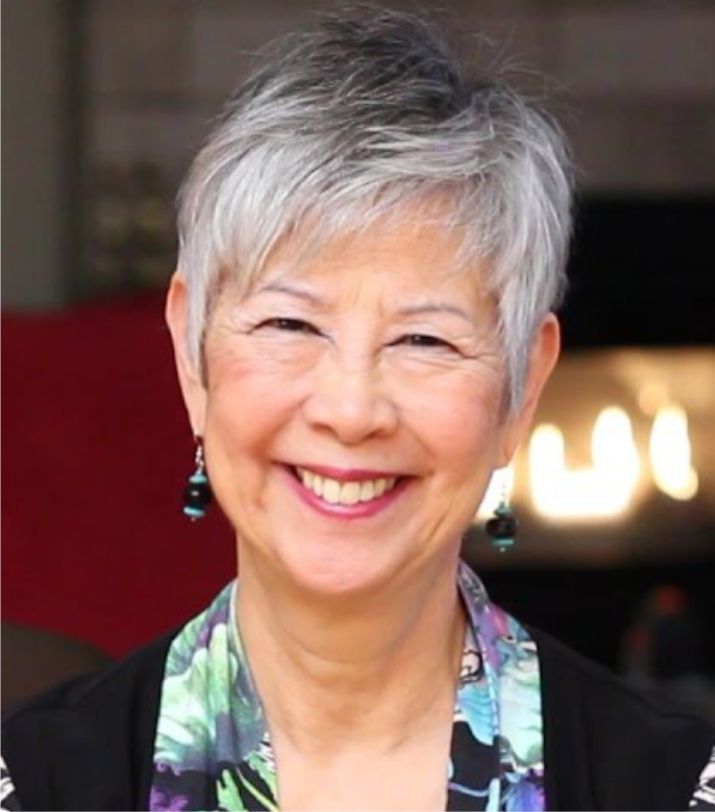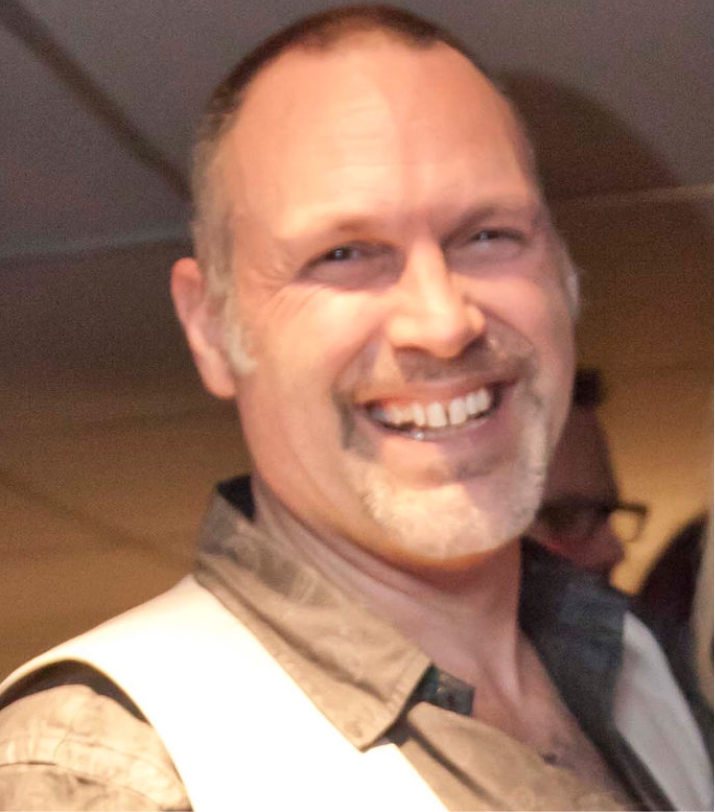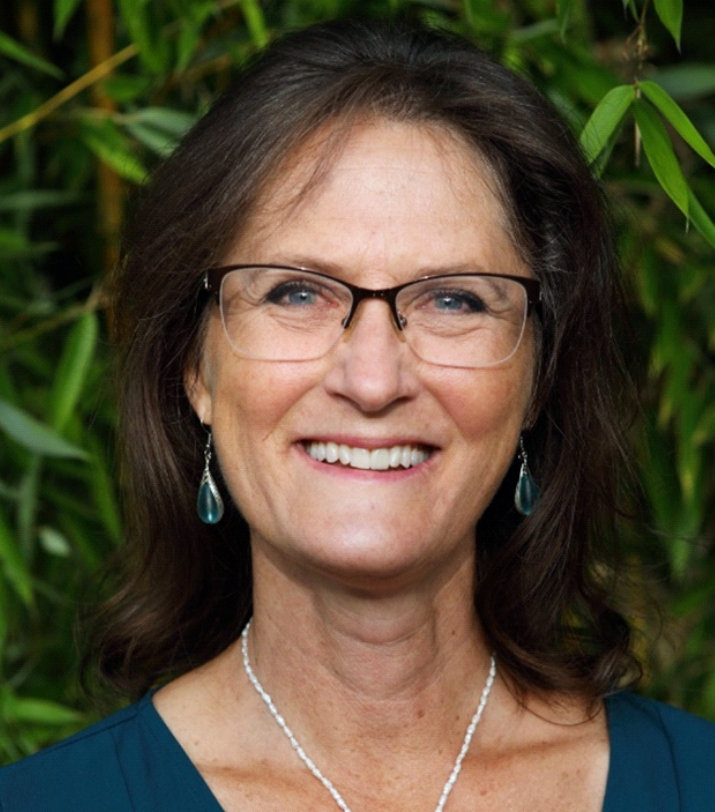Lynn Sumida
Professional Credentials
- Master’s Degree in Social Work
- Registered Social Worker
- Senior Instructor for WGI- William Glasser International
- NLP Trainer – Neuro Linguistic Programming
- Trauma Specialist
- Critical Incident Debriefing Specialist
- Expert Witness in Alberta and Manitoba Courts
- International Presenter and Facilitator
- Founder of Miruspoint Facilitators, Inc.
- Developer of Prime Potential (* trademarked)
Read Lynn's story
Most of my life people have politely asked, in one way or another “What are you?”. I know they are asking about my race given my unique appearance, but the answer is a bit tricky. My biological parents were Chinese and German, but I was given up for adoption at birth, adopted by an English and Japanese couple within whose cultures I was immersed. Was my identity from my biology? My upbringing? Being adopted? And I could also say that I’m a prairie girl from Manitoba, Canada. But does any of this really tell you who a person is? I’ve discovered none of that information is truly “me.” Yet I spent much of my lifetime constrained by the identities and roles I took on.
The pull away from my constructed identity started in church on a very ordinary Sunday. The minister asked us to turn and speak to a person near us. I turned around from the front row where we always sat and fell into these beautiful eyes. The woman was old, at least to my seven-year-old self, but her eyes radiated energy, love and something more than I could ever put words to. It was amazing. I remember thinking “Wow, I want that!”
Yet it was far from what my upbringing conditioned me to be. My English mother, Japanese father and all six of us children were reserved, polite, well behaved and constrained. This “script” began running on autopilot in me very early on, yet it was the very opposite of the authenticity that I craved. I followed the prescription of “well behaved” and did what any “good girl” would do. I went to school, got good grades and eventually went on to do my master’s degree in social work.
Although my educational path was to get to a place of helping others, it was also a quest to try and better understand myself. By the time I reached graduate school I found myself surrounded by people who were highly educated but devoid of the personal authenticity I sensed was essential for the job. It was then that it landed for me that this authenticity was not one that could be found in formal education. So then, where does one attain it?
This question continued to tug at me until, one day, a series of campus rapes led me to find a support group. It was here that I found the space to start delving deeper into who I really was. Here, shockingly, politeness was not valued. Honesty was. The rules I was raised with were suddenly thrown out the window and I tasted emotional freedom for the first time. I was euphoric! Week after week I discovered I could expand, feel, change and the “sky didn’t fall.” In fact, I was thriving! My sense of self as the good, polite, proper young woman which I had been formed into, was falling away bit by bit. It felt like I was finally on the path to being authentic and climbing out of the box I had been raised in.
But my conditioning was like my skin as were the roles that accompanied it. Expectations were deeply ingrained, unconscious most of the time, and not easy to shed. It turned out I still had “my” list and was checking off items in rapid succession; a master’s degree, marriage two months later, a good job, the building of a new home and, last but not least, a baby. Talk about following the script! By thirty-one I had checked all the boxes. Success! So one would think, but by forty the question started up again. Isn’t there more?
My career was going well, at least from the point of view of being busy. My private practise was filled with people dealing with abuse; physical, emotional, and sexual. Ironically, these clients reflected my search for authenticity! In the early years, the goal was to help people survive but it wasn’t long before I realized surviving was not thriving. They were so enmeshed with their traumas that their identities had become their experiences. Although they were surviving, they were not feeling free to live authentic and expansive lives. But how was I to help them when they had made “surviving” their identity, just as I had made my identity being “the polite, good person”? This was the challenge, and I knew this personally and professionally.
It was after my second divorce that I realized I was still caught in some aspects of my old conditioning. My self esteem was still tied to conditioned ideas of success and being divorced twice was not the “picture of success”. This discovery was highly demoralizing, yet it was also the catalyst for the exciting next chapter of my life. And so my quest continued.
In my search I was blessed not to be alone but two other colleagues who shared my vision. We had each come to the conclusion that a shift in identity was the key. At this time no one was talking about how to help people shift their identity. In fact, a person’s identity was really considered sacred. But through our research we came to know that this very shift was the key, and we had to discover how!
Together my colleagues and I intensified our search for answers. After much exploring and testing, we had finally created a process that could assist people in shifting their identity from the early conditioning they grew up with to a more authentic identity based on their true essence. It was an early version, the Model T so to speak, but this ultimately became the current process of Prime Potential* and the deeply fulfilling and purpose-driven work I do now.
Who could have imagined a “moment” in church would shine such a bright light! Even today I can feel the power of those eyes, beckoning me forward into my future, into authenticity. This moment propelled me into my personal search and has continued to lead me to the transformational work I do today. Helping people discover there is, and always has been, a true identity within each, is thrilling. My days are filled with teaching, mentoring, helping people individually, and building a global community of people committed to creating a truly wonderful world for all. As each one of us discovers our true identity, it magnifies what is possible for the world.
This is my vision, a world filled with people living from their true essence of love and joy.
Monique Stefens
Professional Credentials
- Master’s Degree in Adult & Higher Education
- Bachelor’s Degree in Psychology
- Nonviolent Communication Training
- Trauma-Informed Coaches Training
- Conscious Leadership Group Coaches Training
- Excellence Northwest Facilitator Training
- Human Centered Design Certificate – Luma Institute
- Workforce Development Training
- Communities of Practice Training – Wenger-Trayner
- Design Clinic Facilitator – Community Engagement Fellows
- NEAR (Neuroscience, Epigenetics, Adverse Childhood Experience, & Resilience) Training
- Adaptive Leadership Certificate – Acumen Academy
- Disability & Equity Training
Read Monique's story
Both of my parents struggled with mental health across my lifetime, resulting in adverse childhood experiences that led me to deep introspection at an early age. Healthy self-focus was not modeled by my father’s clinical narcissistic personality disorder. Nor was it modeled by my mother whose borderline personality disorder was not diagnosed until well into my adulthood. My brother, sister, and I were lifelines for each other; yet we emerged into adulthood with more questions than answers. I fell in love and married at age 20 to a man who loved me dearly and helped me see my value as a person. Yet he struggled with his gender identity and we both found ourselves floundering. We moved to the Pacific Northwest of the United States and had two children, Zoelle and Tarin. As they entered elementary school my husband became increasingly restless; eventually he chose to explore his womanhood and I became a single mother. Through our marriage’s decline I threw myself into maintaining order around me; a clean house became my go-to sidetracking technique to calm the chaos in my heart and mind. As a divorcee I realized I had lost track of who I was and what I wanted; I had been so focused on the people around me I had lost sight of myself. I had sidetracked myself through tending to others. The needs of my two young children felt of paramount importance; it took me a few years to realize nurturing myself was not in competition with that.
As I looked around at my life and the people I loved I realized I wanted to spend intentional time investigating identity and mental health. I started getting glimpses of what healthy self-love was. I started noticing how much joy and energy I felt when with my children and wondered how I could create that way of being with others. I went back to school and earned two degrees with incredible support from my kids, though they were sometimes frustrated by me having so much homework. Little did we know my homework was as much internal as the assignments I turned in for grades. I still get goosebumps thinking about when I walked in commencement for my first degree; I swear I could hear my kids’ clapping and cheers above all the others in the room.
After graduating, I found myself doing advocacy work, drawn to those whose identities aren’t affirmed by mainstream culture and those who navigated poverty, incarceration, and abuse. I started to see my own identities, roles, and life events more clearly. This lead to me taking courses in personal and professional development with a desire to heal myself to more effectively guide others. Across this chapter of my life I found my opinion of how others should be treated was a projection of how I wanted to be treated. It took me a couple of years of other-focused work to learn the same lesson I had started earlier; advocate for myself first, it supports healthy, effective advocacy of others.
During this journey I met my life partner, George, and his son, Jordie. Our family grew; I was learning about new roles and gaining skills to nurture others while nurturing myself. I found myself in joy when facilitating workshops, having deep philosophical conversations with loved ones, and committing to my desires, needs, and wellness. I started to realize that I could tackle serious topics playfully to expand my and other’s curiosity and collaboration. Diversity, equity, inclusion, and belonging became a theme of my work as a relationship and communication coach. I continue to do advocacy work for individuals and non-profit organizations in my career. I see so clearly now how each of our journeys is woven through the journeys of others. I continue to dedicate my life and learning to my wellbeing, family, friends, and community. I am passionately pursuing my vision of everyone expanding our love by being increasingly kind and compassionate to ourselves and each other. And I love doing all things playfully.




